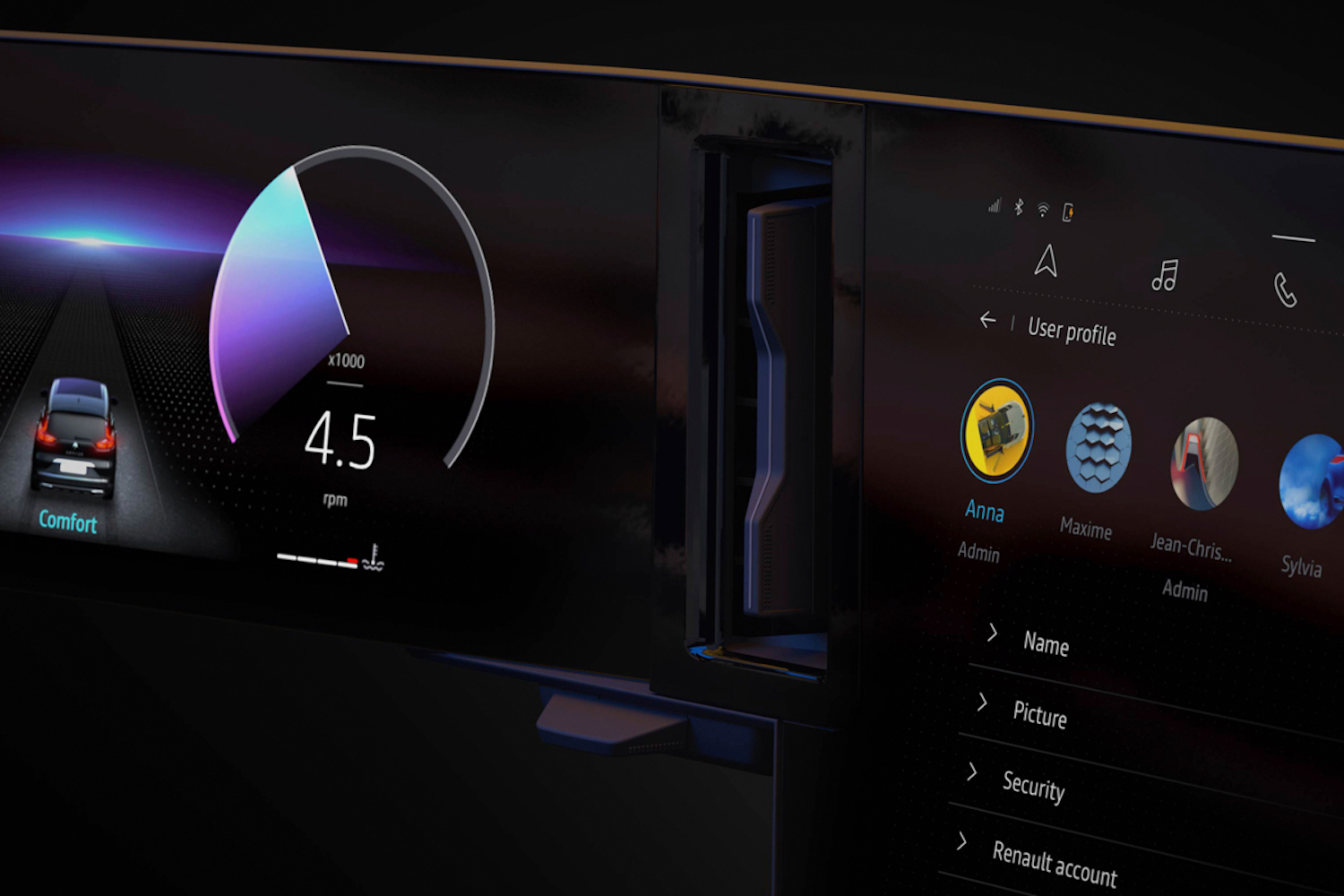Having endured a torrid 2020, during which it managed to slump to a €7-billion loss, Renault is back on the front foot for 2021, pressing ahead with its so-called 'Renault-lution' and also coming up with another catchy phrase to drive home its ambitions - 'Nouvelle Vague'.
A new wave of Renault creativity
Nouvelle Vague is, of course, French for 'New Wave' and it was the name given to the explosion of French film-making talent in the 1950s and 1960s. Instead of Jean-Luc Goddard and Francois Truffaut, now we have the Renault Arkana and a new Kangoo van.
The Arkana looks like becoming a major cornerstone of Renault's turnaround. The SUV-coupe (which Renault says is the first such design from a mainstream car maker) will go on sale this summer in Europe (it's been on sale for a while already in Russia and South Korea, and is in fact built in the Renault-Samsung Motors plant in Busan) and the French company already has 6,00 European orders placed.
The Arkana will be one of the first Renaults to be completely electrified. Basic models will come with a 12-volt mild-hybrid setup, while there will also be full E-Tech hybrid and plug-in hybrid versions. The passenger version of the Kangoo van is also being renewed, with new five-or-seven-seat versions, a massive 775-litre boot, and in 2022 a fully-electric version.
New badge for a new era
Of course, a 'Nouvelle Vague' is nothing without a little bit of brand image, and so Renault is changing its badge once again. Don't fret - the classic 'diamond' shape is staying, but as with so many other brands, Renault is reshaping it for a digital era, taking away the 3D chrome effect and instead having a more 2D line-drawing shape. That works better on a screen, apparently, and to make it stand out more on actual cars, it can be backlit. The first Renault model you'll be able to buy with the new badge will be the new all-electric Megane E-Tech, a crossover model which will replace the current Megane range in 2022. Design director Gilles Vidal showed off a cropped photo of the rear of the new Megane E-Tech, featuring the badge, and showing some very crisp, clean styling too.
The Megane E-Tech, the Arkana, and the Kangoo are all part of Renault's 'voitures à vivre' push, a reflection - as stated by CEO Luca De Meo at the presentation - that for Renault, "The core of the brand has always been on very friendly, very accessible products. Cars for families, cars for normal people."
More hybrid E-Tech models will also be launched, including a hybrid version of the Captur crossover (to sit alongside the plug-in hybrid version already on sale) and a plug-in hybrid version of the current Megane hatchback (a PHEV version of the Megane Tourer estate is already on sale).
Software expansion
In other areas, Renault will expand on its software expertise and is planning to recruit some 2,000 new software experts to help it develop new cyber security, artificial intelligence, data processing, software, and microelectronics solutions that can provide 'turnkey mobility solutions' for cities.
On top of that, as well as making cars, Renault wants to become an expert in un-making them - the conversion of the Flins factory to a 'Renault Re-Factory' - Europe's first circular-economy hub - marks a move towards a more sustainable and responsible model, with up to 120,000 vehicles (EV included) recycled or upcycled every year. Nearly 80 per cent of strategic recycled materials will be reused in new batteries. By 2030, Renault wants to become the world's best automotive manufacturer when it comes to the percentage of recycled materials in new vehicles.













